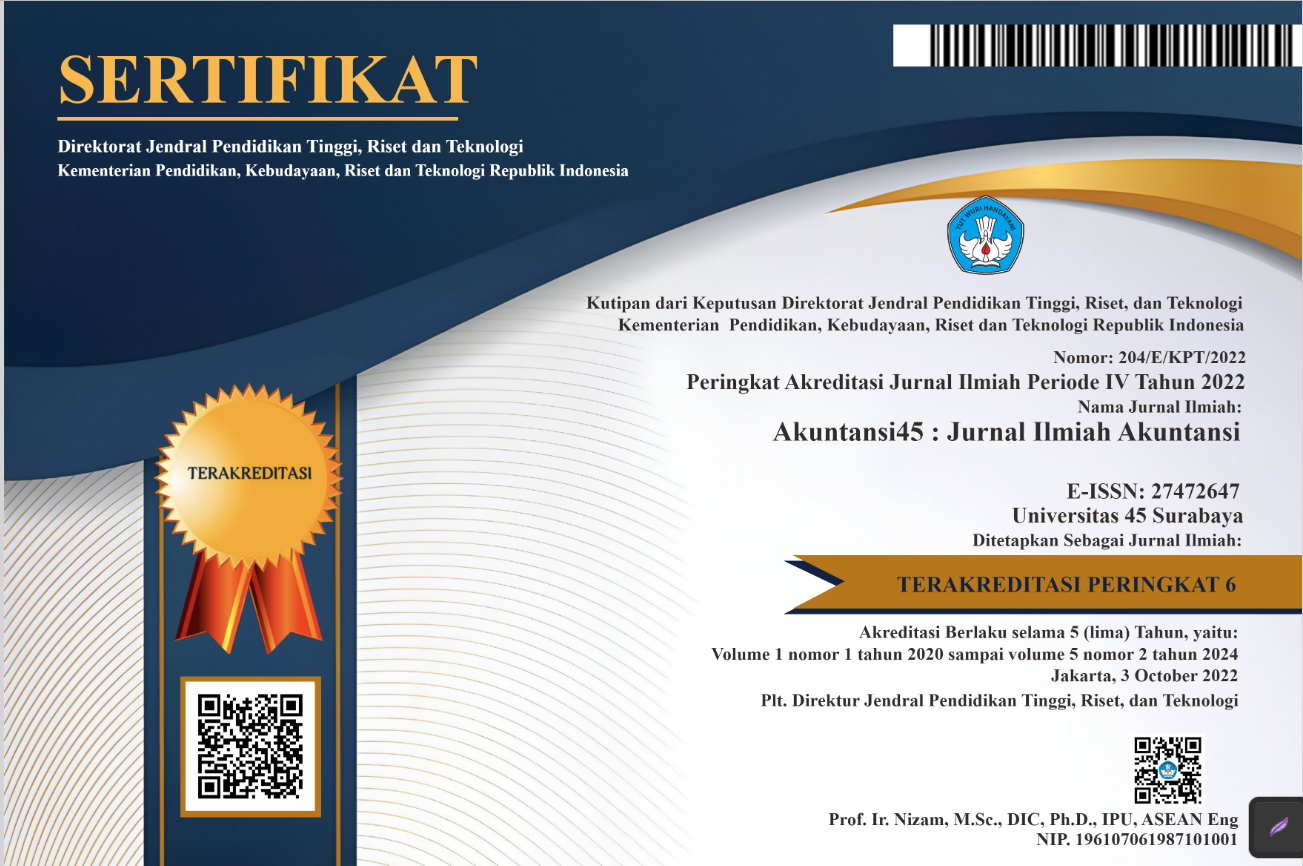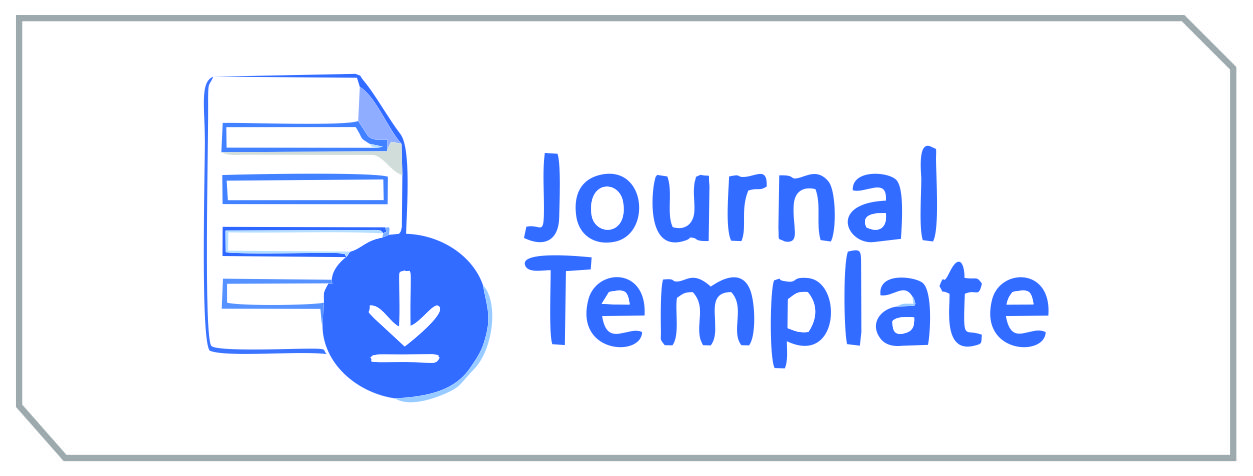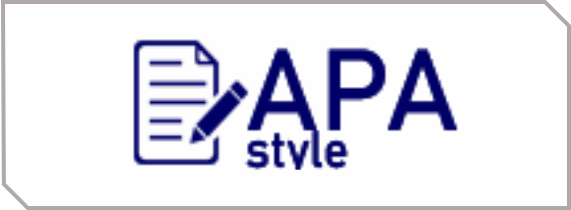Pengaruh Rotasi Auditor Dan Workload Terhadap Kualitas Audit
DOI:
https://doi.org/10.30640/akuntansi45.v6i1.4052Keywords:
Kualitas Audit, Rotasi Auditor, WorkloadAbstract
This research seeks to examine the effects of auditor rotation and workload on the quality of audits. The study population comprises manufacturing firms listed on the Indonesia Stock Exchange from 2020 to 2023. This research utilizes a quantitative methodology, with sample selection executed by purposive sampling. The data for this study were derived from audited financial reports of firms listed on the Indonesia Stock Exchange, received from the official website of the stock exchange in Indonesia. The data were examined by multiple linear regression analysis. The results demonstrate that workload adversely influences audit quality, but auditor rotation has no substantial effect on audit quality.
References
Bills, K. L., Swanquist, Q. T., & Whited, R. L. (2016). Growing pains: Audit quality and office growth. Contemporary Accounting Research, 33(1), 288–313. https://doi.org/10.1111/1911-3846.12122
Bowlin, K. (2011). Risk-based auditing, strategic prompts, and auditor sensitivity to the strategic risk of fraud. The Accounting Review, 86(4), 1231–1253. https://doi.org/10.2308/accr-10039
Buchheit, S., & Buslepp, W. L. (2014). Workload ratios as audit quality indicators: An empirical analysis using PCAOB headcount disclosures. SSRN Electronic Journal. https://doi.org/10.2139/ssrn.2500632
Elder, R. J., Lowensohn, S., & Reck, J. L. (2015). Audit firm rotation, auditor specialization, and audit quality in the municipal audit context. Journal of Government & Nonprofit Accounting, 4(1), 73–100. https://doi.org/10.2308/ogna-51188
Faisal, M. (2021). Pengaruh rotasi Kantor Akuntan Publik (KAP), tenure audit dan ukuran KAP terhadap kualitas audit. Jurnal Fairness, 9(2), 159–168. https://doi.org/10.33369/fairness.v9i2.15232
Febriyanti, N. M. D., & Mertha, I. M. (2014). Pengaruh masa perikatan audit, rotasi KAP, ukuran perusahaan klien, dan ukuran KAP pada kualitas audit. E-Jurnal Akuntansi, 7(2).
Fitriany, F., Utama, S., Martani, D., & Rosietta, H. (2016). Pengaruh tenure, rotasi dan spesialisasi Kantor Akuntan Publik (KAP) terhadap kualitas audit: Perbandingan sebelum dan sesudah regulasi rotasi KAP di Indonesia. Jurnal Akuntansi dan Keuangan, 17(1), 12–27. https://doi.org/10.9744/jak.17.1.12-27
Jensen, M. C., & Meckling, W. H. (1976). Theory of the firm: Managerial behavior, agency costs and ownership structure. Journal of Financial Economics, 3(4), 305–360. https://doi.org/10.1016/0304-405X(76)90026-X
López, D. M., & Peters, G. F. (2012). The effect of workload compression on audit quality. Auditing: A Journal of Practice & Theory, 31(4), 139–165. https://doi.org/10.2308/ajpt-10305
Manurung, D. T. H., Hardika, A. L., Mulyati, Y., & Mohd Saudi, M. H. (2018). Workload, tenure auditor and industrial specialization auditors on audit quality with audit committee as moderating. International Journal of Engineering & Technology, 7(4.34), 257–260. https://doi.org/10.14419/ijet.v7i4.34.23902
Persellin, J. S., Schmidt, J. J., Vandervelde, S. D., & Wilkins, M. S. (2019). Auditor perceptions of audit workloads, audit quality, and job satisfaction. Accounting Horizons, 33(4), 95–117. https://doi.org/10.2308/acch-52488
Rokhimah, A. N. (2024). Fenomena skandal kejahatan akuntansi di Indonesia. Kompasiana.
Sari, S. P., Diyanti, A. A., & Wijayanti, R. (2019). The effect of audit tenure, audit rotation, audit fee, accounting firm size, and auditor specialization to audit quality. Riset Akuntansi dan Keuangan Indonesia, 4(3), 186–196. https://doi.org/10.23917/reaksi.v4i3.9492
Scott, W. R. (2015). Financial accounting theory (7th ed.). Pearson.
Sekaran, U., & Bougie, R. (2020). Research methods for business: A skill-building approach (8th ed.). John Wiley & Sons.
Sigolgi, H. A., & Djamil, N. (2024). Opini audit going concern: Pengaruh kualitas audit, audit tenure, kompleksitas operasi, likuiditas, disclosure, dan leverage pada perusahaan yang terdaftar di Indonesia tahun 2020–2022. JAAMTER: Jurnal Audit Akuntansi Manajemen Terintegrasi, 2(1).
Siregar, S. V., Amarullah, F., Wibowo, A., & Anggraita, V. (2012). Audit tenure, auditor rotation, and audit quality: The case of Indonesia. Asian Journal of Business and Accounting, 5(1), 55–74.
Suciana, M. F., & Setiawan, M. A. (2018). Pengaruh rotasi audit, spesialisasi industri KAP, dan client importance terhadap kualitas audit (studi dengan pendekatan earning surprise benchmark). Wahana Riset Akuntansi, 6(1), 1159–1174. https://doi.org/10.24036/wra.v6i1.101939
Sugiyono. (2019). Metode penelitian kuantitatif, kualitatif, dan R&D (Ed. ke-2). Alfabeta.
Sunarsih, N. M., Munidewi, I. A. B., & Masdiari, N. K. M. (2021). Pengaruh ukuran perusahaan, profitabilitas, solvabilitas, kualitas audit, opini audit, komite audit terhadap audit report lag. KRISNA: Kumpulan Riset Akuntansi, 13(1), 1–13. https://doi.org/10.22225/kr.13.1.2021.1-13
Supriyanto, S., Pina, P., Christian, C., & Silvana, V. (2022). Menganalisis indikator kualitas audit pada perusahaan audit di Indonesia. SIBATIK Journal: Jurnal Ilmiah Bidang Sosial, Ekonomi, Budaya, Teknologi, dan Pendidikan, 2(1), 199–210. https://doi.org/10.54443/sibatik.v2i1.520
Widiya Damayanti, E., & Aufa, M. (2022). Pengaruh audit fee dan audit tenure terhadap kualitas audit. SINOMIKA Journal: Publikasi Ilmiah Bidang Ekonomi dan Akuntansi, 1(3), 497–512. https://doi.org/10.54443/sinomika.v1i3.293
Downloads
Published
How to Cite
Issue
Section
License
Copyright (c) 2025 AKUNTANSI 45

This work is licensed under a Creative Commons Attribution-ShareAlike 4.0 International License.









